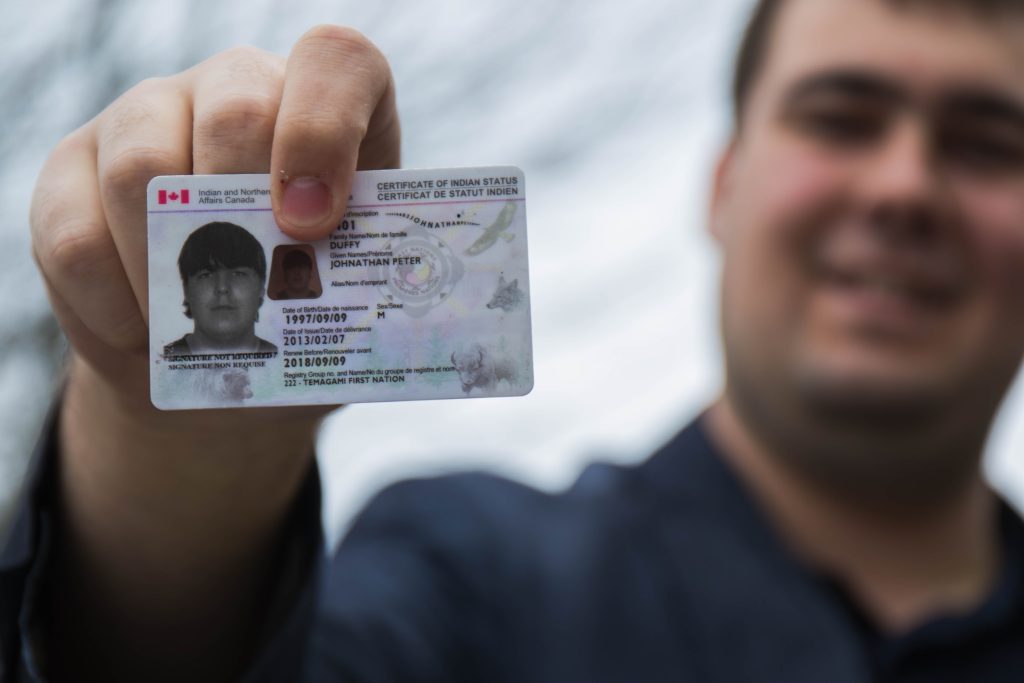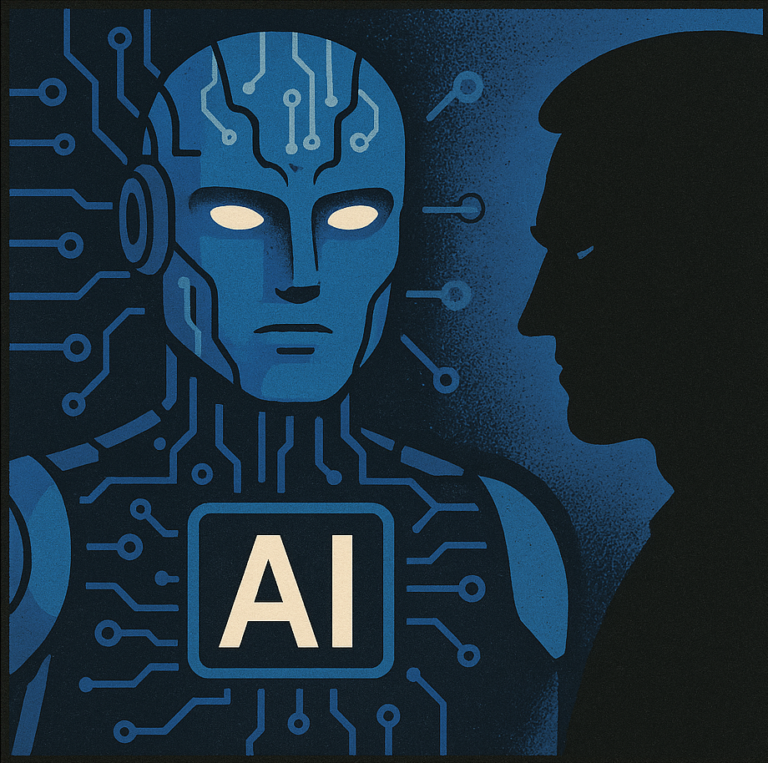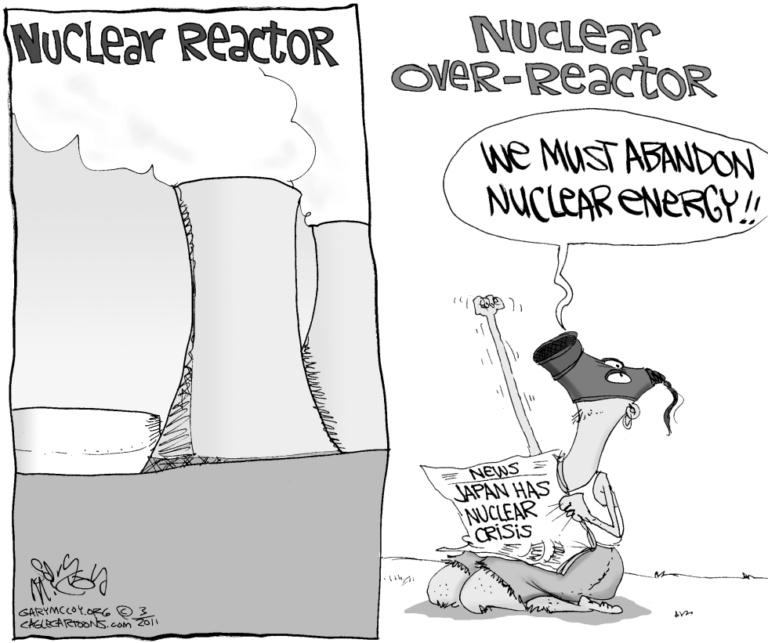The cashier of St. Mary’s gas bar stares at me. “Seriously?” he asks, looking at my Indian status card. “Okay, that brings your total down to $55 from $68.”
I grew up in Hillsborough, Albert County, New Brunswick. To translate, this can be considered the whitest town in the whitest region of the whitest county. I became a status Indian at the age of 15. This redneck just became a redskin, I remember thinking. But that doesn’t mean I don’t have a unique perspective on everything from white resentment to residential schools. My name is Jonathan Duffy, and I’m a “mutt.”
Becoming a status Indian wasn’t a great epiphany for me. No bar mitzvah-like powwow. No sweating, burning or drumming. Just a status card in the mail three months after applying. I got one because my mother wanted me to. She had become eligible because the laws had changed allowing children of status mothers and non-status fathers to gain status.
In high school, once my friends found out about my newfound ethnicity, I became known as “Big Chief Duffy.” I wasn’t offended by this, but it was certainly a change. I was also nominated as navigator for all our road trips due to my “Native instincts.” We still got lost; go figure.
But now that I’m attending a university with a sizeable First Nations presence, I’m in this weird middle ground where I don’t fit in on either side. My card gets questioned and I get stared at on the reserve. White people rant to me about “Native privileges” before they know my status. But even after I tell them, they just continue frothing. Both sides expect me to root for the whites because I look white. I’m actually thankful that at least one of my First Nations classmates is inclusive enough to call me “brother.”
The social justice warriors tell me that I need to let Indigenous people advocate for themselves—that I’m not allowed to speak out on Indigenous issues because I’m too white, which stinks because, as far as I can see, the social justice warrior’s agenda is more concerned with things like Johnny Depp’s portrayal of Tonto in The Lone Ranger from 2013. “Let me go tell my alcoholic cousin about Johnny Depp’s Tonto in between his acid trips,” was my reply to someone complaining about this. I know that alcoholism, gambling and drugs are all real problems in the First Nations community and that they have roots in deep-seeded pain.
I’m not a social justice warrior and I’m not an expert on Indigenous issues, but I am aware of them. Just because I grew up white doesn’t mean that I don’t recognize the pain that many First Nations feel.
I may not look like it, but I’m a third-generation residential school victim. My mother grew up with a PTSD-ridden mother whose love came out in the form of a weaponized wooden spoon. My mother’s family struggles with anxiety, depression and self-image issues, all of which were passed down to my siblings and me.
My great-grandmother placed my grandmother in a residential school because she was obsessed with white culture. She had some white friends who accepted her as she was, and was relatively assimilated into white culture as a result. “She got a taste of the ‘good life’,” my grandmother would say.
My great-grandmother’s actions are a topic of debate in my family. My great-grandmother even stopped going by her Native name, Ka Kita Wa Pa No Kwe (meaning wise-day woman), and went by her white name, Madeline. I often wonder, “If she didn’t get accepted by the whites, would I still be the mess of emotions that I am today?”
As a result, my grandmother has no Native name. To ensure her kids experienced “the good life,” my great-grandmother placed them in residential schools. They did not live a good life. My grandmother would spend her days with her head down hoping not to be beaten by the nuns who supervised her. Because of the schools, my family has no Indigenous culture or language.
I have a lot of heritage from a lot of different backgrounds. My grandfather was Jewish; I’m part Indigenous and part white. So, if stereotypes were true—I’m Native, so I own a casino; I’m Jewish, so I’m good with the money and I’m white, so I’m not allowed to talk about it.
That’s a joke I tell about myself. However, I am starting to notice and talk about my experiences.
It wasn’t until I interviewed someone about Indigenous rights (I’m a journalism student) and they told me I probably experience racism every day, that it started to sink in. It was true; I realized that I don’t fit in.
I didn’t go on a quest of self-discovery, but I do have to come to terms with this. I don’t live in exile, but I don’t feel like I belong. I can blend in with white people, but then I have to listen to them complain about “the Natives.”
“Sit down, shut up and smile,” is a common phrase I say to myself, which really doesn’t reflect who I am.
I think this is all less about me discovering myself, and more about me getting used to always being a little different than everyone else. I shouldn’t have to hide my heritage, but I do. I shouldn’t have to endure racism, but I do. I shouldn’t have to listen to people telling me to go buy a Grand Cherokee, but I do.
It’s funny how racism, even in its most benign forms, can shape you. Even when you embrace “the good life.”
Everyone knows what’s best for me, except for me. And I guess they’re right. What do I know? I’m just a white “redskin.




